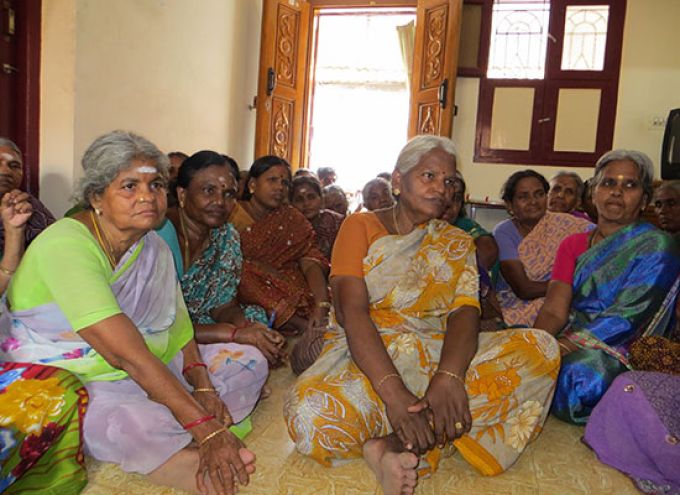The Challenges of an Ageing Population
Published: 03 October 2018 | Updated: 18 August 2023 |

This week we acknowledged International Day of Older Persons, which presents an opportunity to both celebrate the elderly population and raise awareness of the issues that may affect their quality of life…
People are living longer – the number of older persons (those aged 60 and above) is expected to more than double globally by 2050 according to the UN. Developing countries will see the largest and quickest increase to the number of older persons among their demographics. As an example, the percentage of people aged 60 and over living in India currently stands at 7.5% with this figure set to rise to 11.1% by 2025.
The ageing population faces challenges in ensuring that their social, economic and health needs are met.
In developing countries, many older citizens are struggling to live independent lives for numerous reasons which include: inadequate infrastructure both in the home and in public; limited access to healthcare professionals (particularly for those living in rural areas); unaffordable medical treatment for chronic conditions; and little, if any, access to social security or pensions.
These hurdles to independent living mean that in India, around 85% of aged persons depend on others for their day-to-day maintenance and nearly half of the elderly are fully dependent on others, according to the National Sample Survey Organization.
Whilst traditionally it was the norm for parents to live with their extended families there is now an increasing number of nuclear family units and children moving to away urban areas to work and live. When an elderly relative needs care, it is common to see caring duties become the responsibility of one family member without the support of the wider family. Sole carers often find they have to forgo schooling or work opportunities, become socially isolated and develop mental and physical health issues because of their caring duties.
We recognise that as populations continue to live longer, more carers will become responsible for looking after elderly family members and as a result will be at risk of developing caring-related social, economic and health issues.
That is why in partnership with the Elders for Elders Foundation and Help Age India, we conducted a pilot project in Virudhnagar district, India to identify the best ways to support carers of elderly relatives in their caring roles. Following this work, we are committed to providing support to these carers, by developing emotional support groups and facilitating access to livelihoods for this vulnerable group.
You can ensure we continue to support the growing number of carers of elderly persons by making a donation.